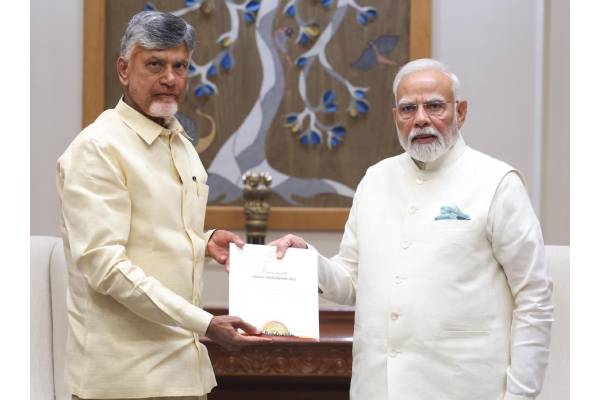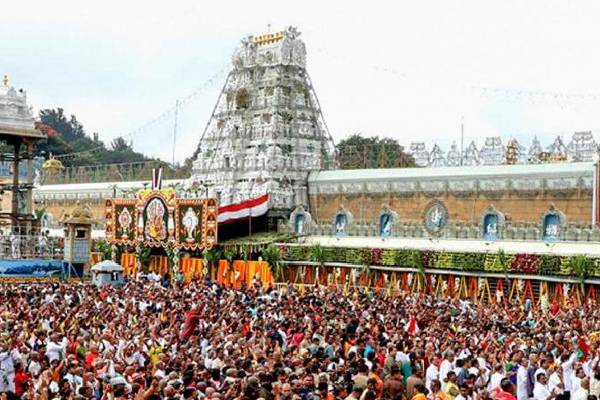The recent discussion around Tirupati Laddu has reignited talks about the formation of a nationalized Hindu Advisory Board especially when Andhra Pradesh Deputy CM Pawan Kalyan emphasized the need for a Sanatana Dharma Board.
India’s diverse religious landscape includes many faiths, each with its own system of governance. While Muslims have the All India Muslim Personal Law Board (AIMPLB) and the All India Waqf Board, Hindus lack a similar unified national body. This absence has led to growing calls for a singular Hindu advisory board to address religious and legal matters.
Current State of Hindu Temple Management
Today, Hindu temples in India are managed by various state-level bodies. Each state has its own laws and departments, like the Hindu Religious and Charitable Endowments (HR&CE) boards, to oversee temple affairs. These boards handle everything from appointing priests to managing temple finances and properties.
Practical Challenges
This state-by-state approach has led to split in Hindu temple management. Unlike the AIMPLB, which provides a unified voice for Muslim personal law issues, Hindu temples lack a central advisory body. This makes it difficult to address nationwide concerns or provide consistent guidance on religious matters.
Why a National Hindu Advisory Board Matters
1. Unified Voice: A national board could speak with one voice on important Hindu issues, similar to how the AIMPLB represents Muslim interests.
2. Consistent Policies: It could help create uniform policies for temple management across India, ensuring fair and transparent practices.
3. Protection of Traditions: A central body could work to preserve and protect Hindu traditions and customs more effectively.
4. Legal Advocacy: Like the AIMPLB, a Hindu board could provide legal guidance and represent Hindu interests in court cases.
5. Cultural Preservation: It could play a crucial role in safeguarding Hindu heritage sites and practices.
Learning from Existing Models
The proposed Hindu advisory board could draw inspiration from successful models like the AIMPLB and Waqf Board. These organizations have shown how a central body can effectively manage religious affairs, resolve disputes, and protect community interests.
Things to Consider
Creating a national Hindu advisory board isn’t without challenges. India’s diverse Hindu traditions and regional differences could make it difficult to form a truly representative body. There’s also the question of how such a board would interact with existing state-level temple management systems.
As discussions about a national Hindu advisory board continue, it’s clear that many Hindus feel the need for better representation and more unified management of their religious affairs. While the path to creating such a body may be complex.
In conclusion, the idea of a singular national-level Hindu advisory board is gaining traction. As India evolves, finding ways to balance tradition with modern governance remains a key challenge. A well-structured Hindu advisory board could play a crucial role in addressing this balance, ensuring that Hindu interests are represented fairly and effectively at the national level.
-Sanyogita



































